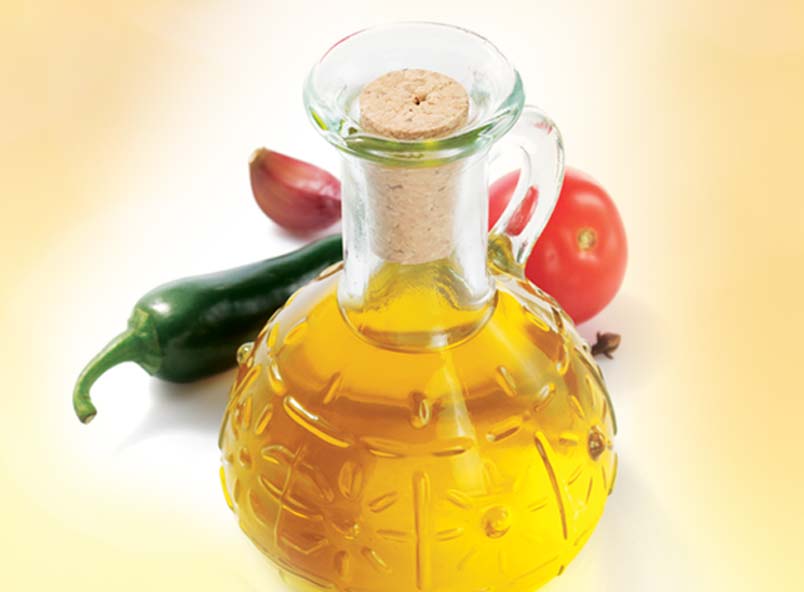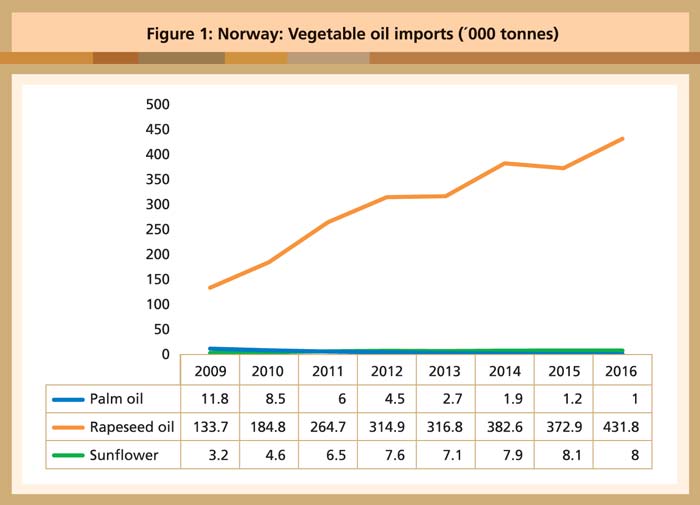



Norway, with a population of about 5.2 million, is bordered to the east by Sweden and on the northeast by Finland and Russia. The Human Development Index of the United Nations Development Programme has classified Norway for many years as the world’s most advanced country. According to the Democracy Index of the British magazine The Economist, it is also the most democratic state.
Norway enjoys a prosperous mixed economy with a vibrant private sector, a large state sector, and an extensive social safety net. Through comprehensive regulation and large-scale public enterprises, the government controls key areas, like the petroleum industry.
Norway is the world’s third-largest exporter of natural gas and the seventh-largest exporter of oil. The latter commodity provides the lion´s share of export revenue and represents about 30% of government revenue. The country is also richly endowed with natural resources such as hydropower, fish, forests and minerals.
After solid GDP growth from 2004-07, the economy slowed in 2008, and contracted in 2009, before returning to positive growth from 2010-14. The government budget remains in surplus.
However, lower oil prices in 2015 may cause the economy to contract as higher production costs in the North Sea deter investment. In anticipation of an eventual decline in oil and gas production, Norway saves state revenue from the petroleum sector in the world’s largest sovereign wealth fund – the Government Pension Fund Global. In early 2017, it was valued at over US$900 billion.
The fund is managed by Norges Bank Investment Management. In its 2016 Fund Report, published in March 2017, it states: ‘The production of palm oil in Malaysia and Indonesia is widely recognised as a major contributor to tropical deforestation. Our initial analysis of the sector resulted in divestments from a total of 29 palm oil companies between 2012 and 2015. The divested companies were considered to produce palm oil unsustainably.’
In 2016, the decision to stay divested was confirmed. The move may have an adverse impact on use of conventionally produced palm oil.
As a country surrounded by the North Sea, Norway differs from other European countries through the dominant role fish oil plays in the economy. Its production volume is second to soybean oil. Moreover, after rapeseed oil, fish oil is the second-biggest import.
However, the real news regarding the domestic oils and fats sector is the huge drop in palm oil imports. In 2016, the import volume was just a fraction of the 2009 level. This development must be interpreted as a manifestation of the green conscience of Norwegians, who believe the claim that palm oil is ‘bad for the natural environment’. Over the same period, rapeseed imports more than tripled (Figure 1).

Source: Oil World 2017
As a result, the use of palm oil has all but disappeared in Norway.
‘Greener’ Norway
Norwegians are proud of their country´s pristine environment, in particular the fjords and waterfalls. They have a high regard for preserving the global environment as well. The observation that Norway is even ‘greener’ than the Netherlands or France has been borne out in the active anti-palm oil stance that has been adopted.
For example, Clarion Hotels has declared itself “100% palm oil-free”. It is part of the Nordic Choice Hotels Group headquartered in Oslo and operating more than 180 hotels across Scandinavia and the Baltics.
Under the headline ‘Bye, bye palm oil!’ an article on its website quotes Katalin Paldeak, the Group Director of Clarion Hotels in the North, as saying: “… since the 1st of May 2013, all 23 Clarion Hotels in the Nordic region are palm oil-free with regard to restaurant items and products for sale. The reason for this is the increasingly widespread devastation and destruction of the rainforest as [sic] the production of palm oil causes.
“We cannot in good conscience offer our guests food that is made from products that contribute to the devastation of rainforests and people being driven from their homes. Until we can ensure that [what] the palm oil suppliers are seeking to provide us with is being produced in using conscientious and responsible methods, we will pull the emergency brake and remove it from our restaurants, from our sales and from our mini-bars.”

Likewise, the industry news service Food Navigator reported on June 15, 2016, that Norway has become the latest country to sign the Amsterdam Declaration of December 2015. Under this, several European countries have pledged to switch to 100% sustainable palm oil by 2020.
The preamble of the Declaration states in part: ‘Europe is the second-largest global import market for palm oil and home to some of the world’s biggest brands and companies. Europe can be an important ‘game changer’ when it comes to a sustainable palm oil supply chain for the world.’
All this goes far beyond symbolism and must be taken seriously, as the divestments of the Government Pension Fund Global make painfully clear. The Fund has already ended its engagement at Korean conglomerate Posco, owner of Daewoo International, on the basis that Daewoo owns an Indonesian company that is ‘cutting down tropical forests’ to plant oil palm.
If Norway provides any indication, the time when consumers and corporations across Europe start boycotting conventionally produced palm oil on a massive scale may not be far away. The palm oil industry should take heed of this.
MPOC Brussels